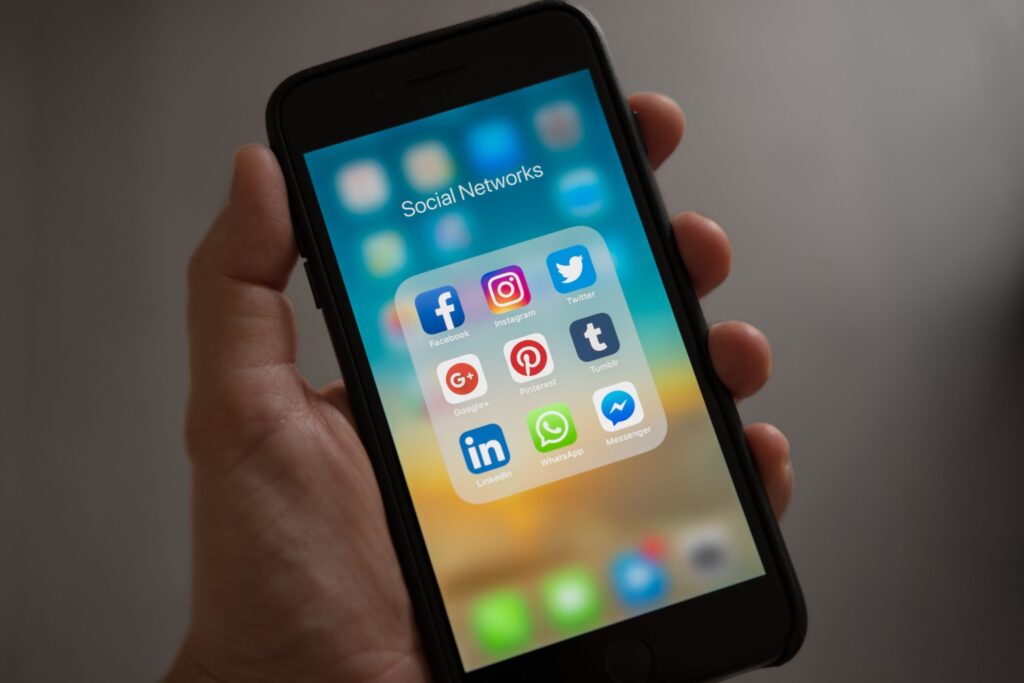A person’s social media presence can have a significant impact on his or her career. This is especially true if you work in the healthcare field, thanks to federal and state privacy laws. It may seem innocent enough to post details about your life on social media, especially if your posts are overwhelmingly positive. But posting about your patients or anything job-related in health care, regardless of intent, could cross a very serious line into violating patient privacy. The way in which a healthcare professional behaves online can affect not only the ability to get a job, but also the ability to obtain and renew all necessary professional licenses.
In our digitally enhanced world, it can sometimes be hard to know where the line between the personal and the professional is on social media. Many healthcare professionals successfully use social media for both personal and professional reasons, finding a lot of value in the affordances such technologies have to offer. But there have been many cases in the last few years that demonstrate a need for more awareness about what types of content may violate HIPAA privacy law.
HIPAA protects patient confidentiality. The goal of HIPAA, and specifically its Privacy Rule, is to protect the privacy of individuals seeking medical care. Personal health information, and the fact that a person is even seeking medical care, is protected information under the Privacy Rule. Health care professionals must maintain the confidentiality of all “individually identifiable health information,” including demographic data, an individual’s past, present, or future physical or mental health, what health care services the individual has or will receive, and anything related to the payment for that health care.
While HIPAA’s Privacy Rule was originally intended to address the collection, transmission, and storage of digital medical records, it has taken on new significance due to the ever-increasing use of social media. Problems related to oversharing may also be on the rise because of generational differences in how privacy is perceived. Many young professionals entering the workforce today have grown up in a world where posting personal information online is not only routine but nearly expected. This often contributes to a problematic belief that information posted with “good intent” is always acceptable, regardless of the content, and this simply isn’t true. As a result, it is no longer sufficient to assume in professional situations that the idea of what is private is universal. Leaders and educators in the healthcare field may need to account for this shifting social norm when training healthcare workers in the future.
It seems fairly straightforward to not post a patient’s personal information on social media, but what about posting selfies taken with patients at a health care facility? Taking photos of anyone in a health care facility and posting it online, even for educational purposes and even if you don’t give their names? Photos, dates, and locations are all “individually identifiable health information,” and disclosure is a violation of the Privacy Rule. Other examples of HIPAA violations include posting information about a particularly frustrating or difficult case with enough detail that someone could figure out the identity of the patient and posting information about a patient’s health status in any way. No matter if a social media post is celebrating a patient being declared cancer-free or offering condolences to the family of a deceased patient, such posts reveal enough medical information about that individual to constitute a violation of the Privacy Law.
In response to this increasingly thorny issue, the American Medical Association (AMA) issued a Code of Medical Ethics Opinion focused on the gray area of social media use. While the AMA recognized that social media can provide medical professionals the ability to engage more easily in professional networking, foster collegiality, and disseminate public health information, these social networks must also be used carefully to avoid violating HIPAA privacy laws. The AMA opinion cautions physicians to take stringent precautions about patient confidentiality when posting materials online. They also issue a warning: that physicians “must recognize that actions online and content posted may negatively affect their reputations among patients and colleagues, may have consequences for their medical careers (particularly for physicians-in-training and medical students) and can undermine public trust in the medical profession.”
While clear examples of undermining public trust can be found in irresponsible or insensitive posts mocking or otherwise demeaning patients, the more insidious pitfalls of social media use lie in the seemingly innocent content that healthcare professionals post about themselves or their jobs. Even personal posts on social media can have a serious impact on a medical career. For example, a social media post with racial overtones could create enough concern in a licensing board about your ability to provide adequate care to all of your patients, regardless of race, that they may suspend or otherwise discipline your professional license.
While some may consider such actions unfair, or even a violation of the employee’s free speech, it is important to note that the First Amendment does not protect employees from being fired – or from being disciplined by licensing boards – for anything the employee posts, says or does on social media. Free speech allows individuals to express themselves without fear of interference by the government, not an employer or professional regulatory board. And clearly, when patient confidentiality has been breached or a post raises serious concerns about an employee’s character, such communications will likely have a serious impact on any healthcare professional’s career.



